ThePrint team asked its Opinion columnists about the books they loved reading this year. Here’s what they said about their favourite titles.
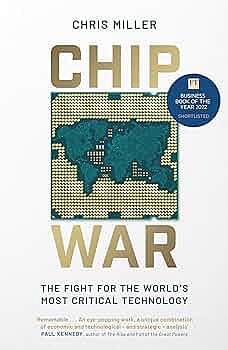 ‘Chip War: The Fight for the World’s Most Critical Technology’ by Chris Miller
‘Chip War: The Fight for the World’s Most Critical Technology’ by Chris Miller
An extremely prescient narrative that not only traces the origin and growth of the humble silicon chip but also how it has come to dominate all aspects of our lives and transformed the security calculus of all nations. As the name suggests, semiconductors are going to be the new ‘oil’ of the 21st century over which wars will be fought. The world has to get its act together if it has to stop China from getting so far ahead in the race as to become a threat to global peace: Gen MM Naravane, 28th Chief of Army Staff.
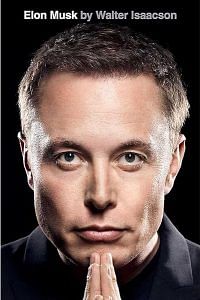
‘Elon Musk’ by Walter Isaacson
If one had a near complete biological disability for empathy as an emotion, the likeliest outcome would be social ostracism. In Elon Musk’s case, he ‘moved’ humanity to electric cars, sent humans to Mars, and became the world’s richest person precisely because of that disability. Isaacson’s book may seem hagiographical to the vast majority of Musk haters, but to me, it opened a fascinating new window into the philosophy and psychology of empathy: Praveen Chakravarty, political economist and Congress party member.
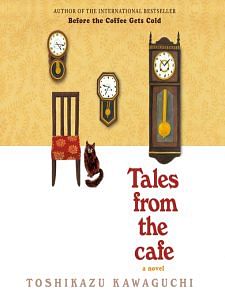 ‘Tales from the Cafe’ by Toshikazu Kawaguchi
‘Tales from the Cafe’ by Toshikazu Kawaguchi
A fascinating read on the lives of a few Japanese who go to a cafe, sip coffee, and travel back into the past. The agony, love, anguish, and many other feelings of these people are brought out in a compassionate manner. The way Kawaguchi weaves in time, individual memories, and personal experiences makes the book a fascinating read: Ayesha Siddiqa, senior fellow at the Department of War Studies at King’s College, London.
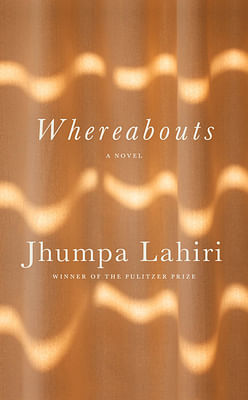 ‘Whereabouts’ by Jhumpa Lahiri
‘Whereabouts’ by Jhumpa Lahiri
Stunning in its simplicity and searingly sharp, the novella set in a university town in Italy chronicles the life of a female academic. Voicing the most intimate hinterlands of emotions, Lahiri articulates and captures the most difficult yet universal affections, ambitions, and failures of human life. Fragile yet strong, melancholic but hopeful, it is easily the most imaginative yet realistic portrayal of a female subject I have read in a long time: Shruti Kapila, history and politics professor, Cambridge University.
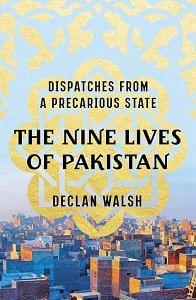 ‘Nine Lives of Pakistan’ by Declan Walsh
‘Nine Lives of Pakistan’ by Declan Walsh
The book looks intimately at a country whose epitaph has been written many times and yet lives to see another day. Trapped between radical Islam on one hand and an unforgiving military on the other, Walsh chronicles a nation dragging its feet on the road to democracy. A fine example of how to write about another country without being patronising: Deep Halder, writer and journalist.
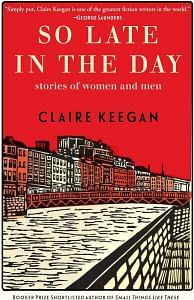 ‘So Late in the Day’ by Claire Keegan
‘So Late in the Day’ by Claire Keegan
The book is an examination of misogyny and what it is perceived to be. We get into the head of our protagonist, a corporate worker in Dublin, preparing rather boring budget estimates for his employer. All he does is get home and live a miserable and lonely evening extending into the weekend. All this while, we are made to introspect about what masculinity is and our cultural expectations. Devastating and kind and quiet, all within 47 pages: Nilakantan RS, data scientist and writer.
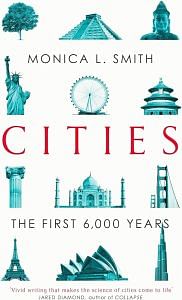 ‘Cities: The First 6,000 Years’ by Monica L Smith
‘Cities: The First 6,000 Years’ by Monica L Smith
How many of us have given a thought to the science behind the rise and fall of cities? They have existed for nearly 6,000 years, but what is it that makes them what they are, what keeps them thriving, why do we choose to live in them, and what is their future are questions that Smith answers. From Rome to Tokyo to Delhi, you get a glimpse of all you need to know about a ‘city’: Disha Ahluwalia, archaeologist and junior research fellow at the Indian Council Of Historical Research.
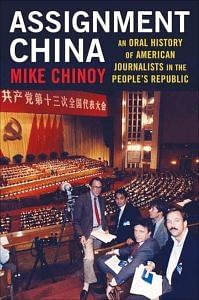 ‘Assignment China: An Oral History of American Journalists in the People’s Republic’ by Mike Chinoy
‘Assignment China: An Oral History of American Journalists in the People’s Republic’ by Mike Chinoy
It is a remarkable book detailing the experiences of American foreign correspondents stationed in China—from the establishment of the PRC to the spread of the Covid-19 pandemic. This fascinating read elucidates how the US perception and policy toward China were significantly shaped by these correspondents’ reporting. In today’s context, this book is a must-read: Sana Hashmi, fellow at the Taiwan-Asia Exchange Foundation and George H.W. Foundation for US-China Relations.
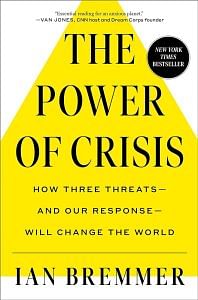
‘The Power of Crisis’ by Ian Bremmer
Capturing the anxiety that grips the world as crisis after crisis unfolds and cascades, Bremmer sees how our response to these threats will change the global order. And this change will find its way through the emerging digital-technological stream, all the way to the technopolar moment—a never-before moment in history: Swasti Rao, associate fellow, Europe and Eurasia Center, MP-IDSA.
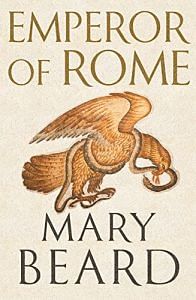
Emperor of Rome by Mary Beard
More than any ancient or medieval autocrat, Roman emperors shaped the way we imagine power, past, and present. Beard looks at how average Romans imagined their autocrats, the responsibilities and terror of absolute power. The author animates ancient Rome and its rulers with clarity and humanity. A must-read for anyone interested in how power worked in the ancient world—and a much-needed dose of historical perspective for today’s authoritarian political trends: Anirudh Kanisetti, author and public historian.
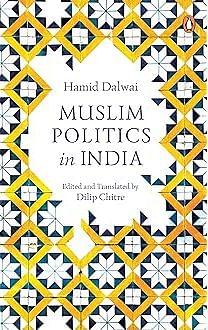 ‘Muslim Politics in India’ by Hamid Dalwai
‘Muslim Politics in India’ by Hamid Dalwai
Dalwai not only dissects the complex web of victimhood in Muslim society but also examines how the community falls short in embracing liberalism. He does that while drawing poignant comparisons to Hindu society. A product of a middle-class Marathi-speaking Muslim family, Dalwai’s self-education, political activism, and journalistic expertise contribute to a narrative that intricately weaves personal experiences with a critical analysis: Amana Begam, columnist and TV news panellist.
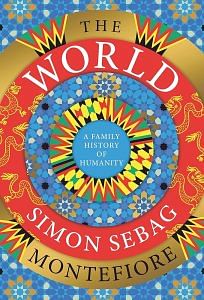 ‘The World by’ Simon Sebag Montefiore
‘The World by’ Simon Sebag Montefiore
Thanks to the brilliant podcast Empire hosted by William Dalrymple and Anita Anand, I discovered the magnificent works of Simon Sebag Montefiore. I highly recommend his magnum opus, The World, which is a concise and complete history of humanity and Jerusalem. An insightful book about one of the world’s most contentious cities, particularly in the aftermath of 7 October: Kushan Mitra, automotive journalist.



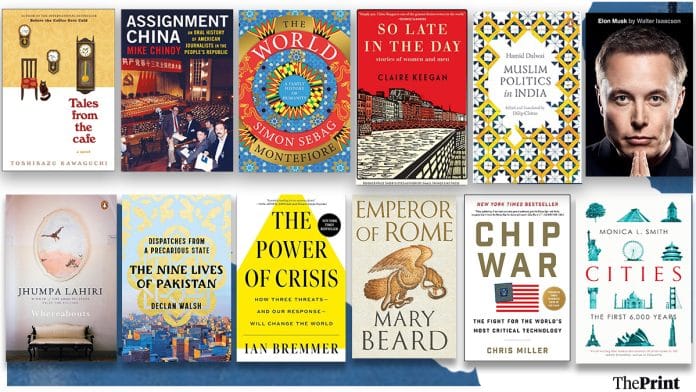



Fantastic set, can’t wait to dig in. Please continue and expand this tradition covering specific genres too!